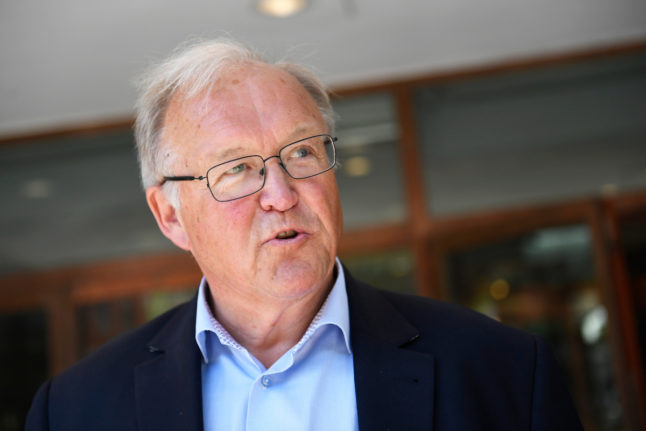The findings are part of an investigation by Lighthouse Reports, the Financial Times, El País and Unbias The News which found that most European countries fail to provide good job opportunities to educated foreigners – potentially at the cost of their labour forces and economies.
“While the results differ slightly between labour market outcomes, a consistent pattern emerges: immigrants lag behind natives everywhere, but brain waste is worst in Southern Europe, Norway, and Sweden,” the report read.
One of the metrics used to measure brain waste was the proportion of foreign residents who were overqualified for their role.
In Sweden, 32 percent of university-educated Swedes were overqualified for their roles, according to their report, while 68 percent of immigrants educated abroad were overqualified for their job.
The report didn’t study native Swedes with foreign diplomas, but one thing to note is that immigrants who obtained their qualifications in Sweden were far less likely to be overqualified than those who got their degrees outside of Sweden.
For immigrants with a degree from Sweden, 35 percent were overqualified (the difference to native Swedes was not statistically significant).
The results are not surprising, and the problem of well-educated immigrants not being able to work in their chosen profession has been raised on multiple occasions – for example in connection with Sweden’s new work permit salary threshold squeezing out highly-qualified foreigners.
An OECD report found as early as 2014 that a much bigger proportion of highly-educated foreign-born people in Sweden were overqualified for their roles, compared to the native population.
“Given the large number of Swedish immigrants who obtained their education and work experience abroad, there is a strong need for efficient and credible recognition of their qualifications and validation of informal competences,” urged the OECD report at the time.
But the Lighthouse Reports study pointed out that the figures for Sweden pointed to a systemic problem across the entire labour market, which doesn’t only affect well-educated immigrants.
“Once we look at metrics of brain waste that are not dependent on education, such as under-employment and unemployment, the large gaps in Southern Europe (and Sweden) reappear. This indicates that these countries struggle to integrate migrants into the labour market in general, not just college-educated migrants,” it read.



 Please whitelist us to continue reading.
Please whitelist us to continue reading.
Member comments